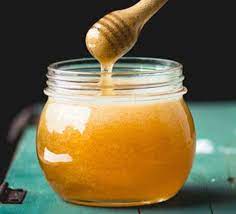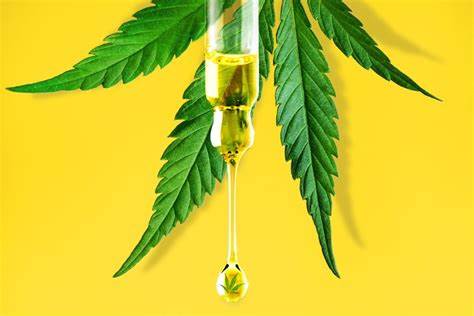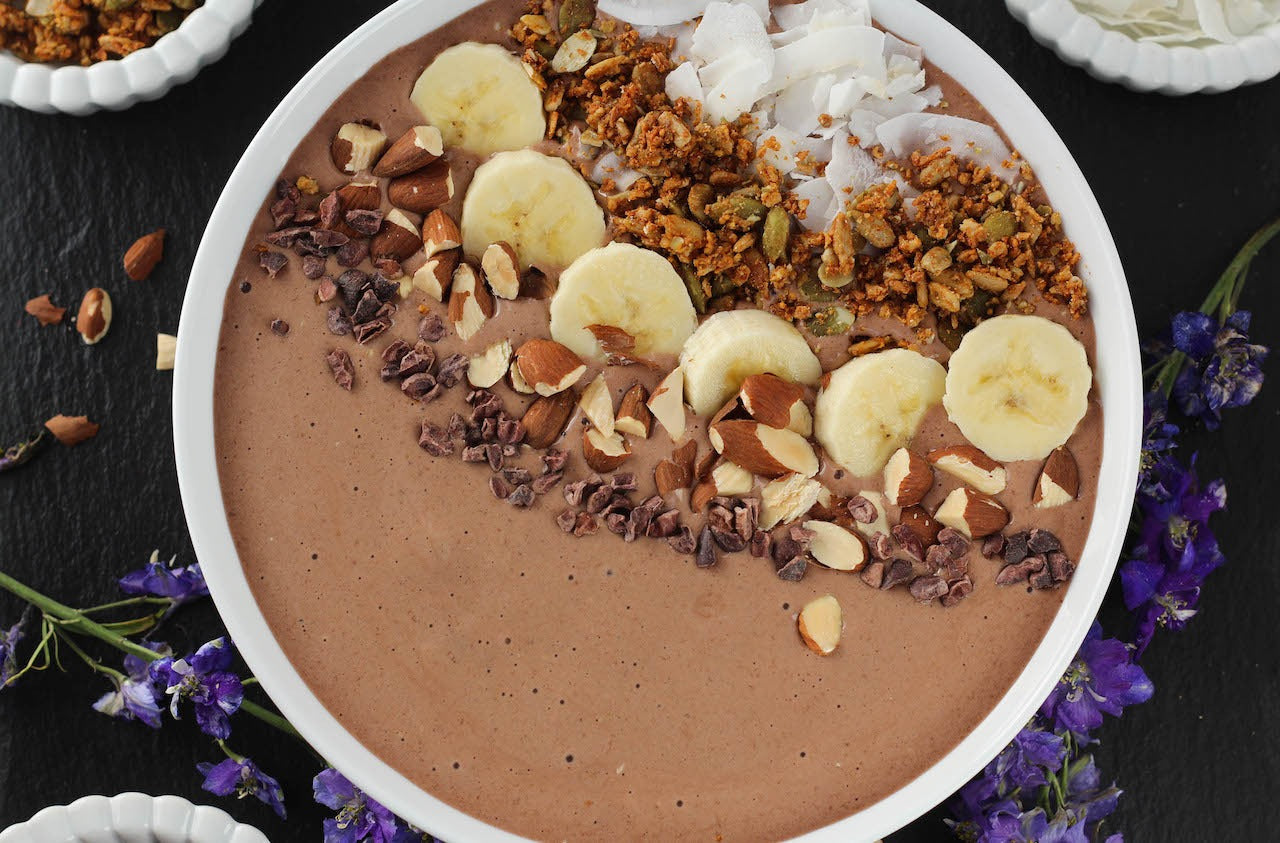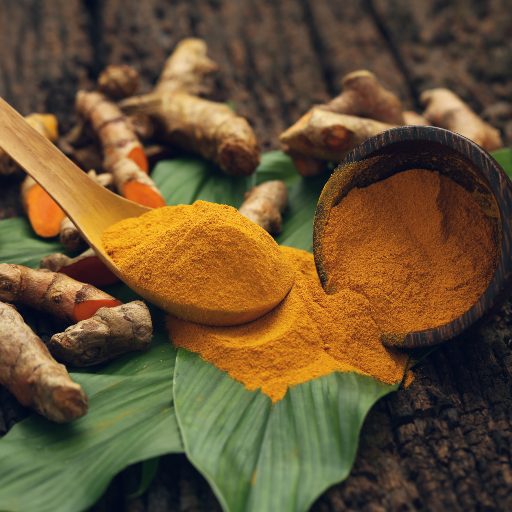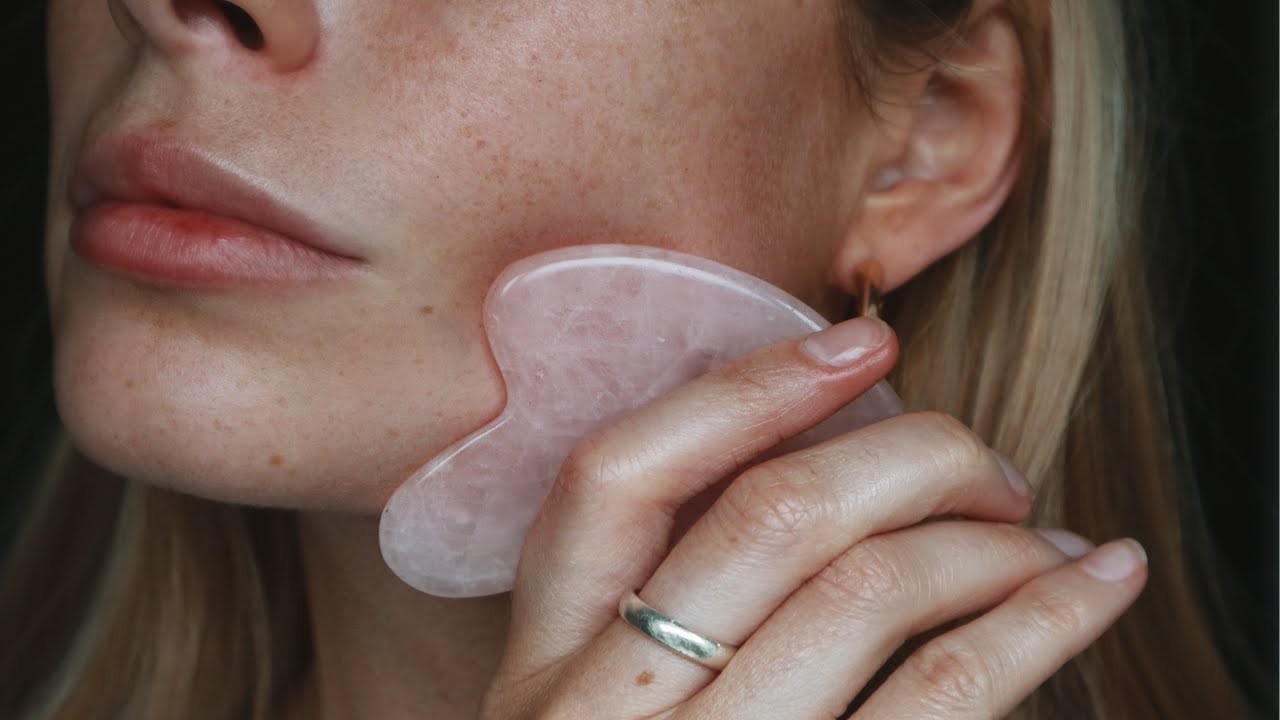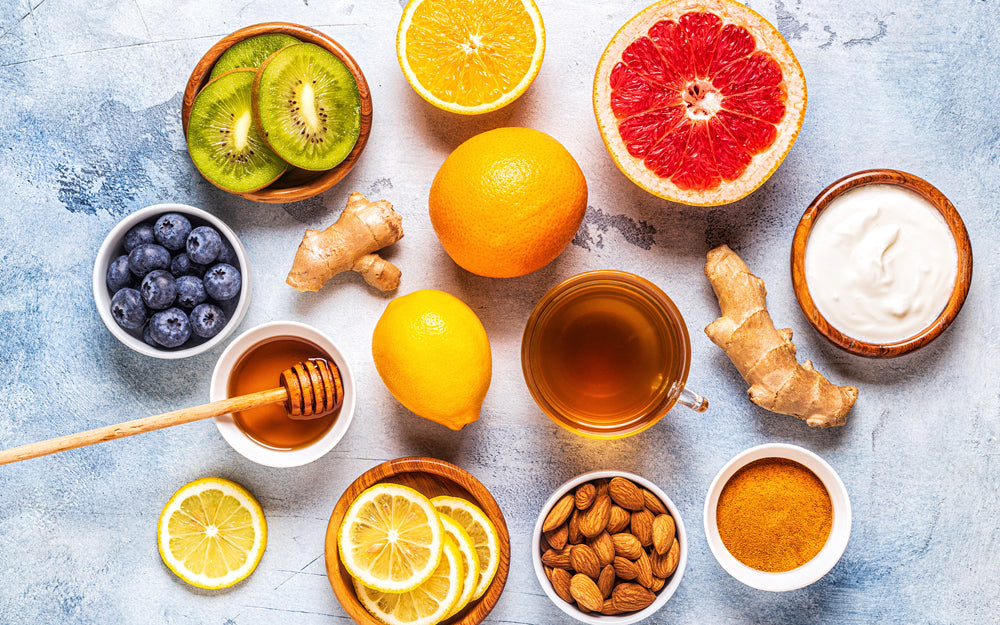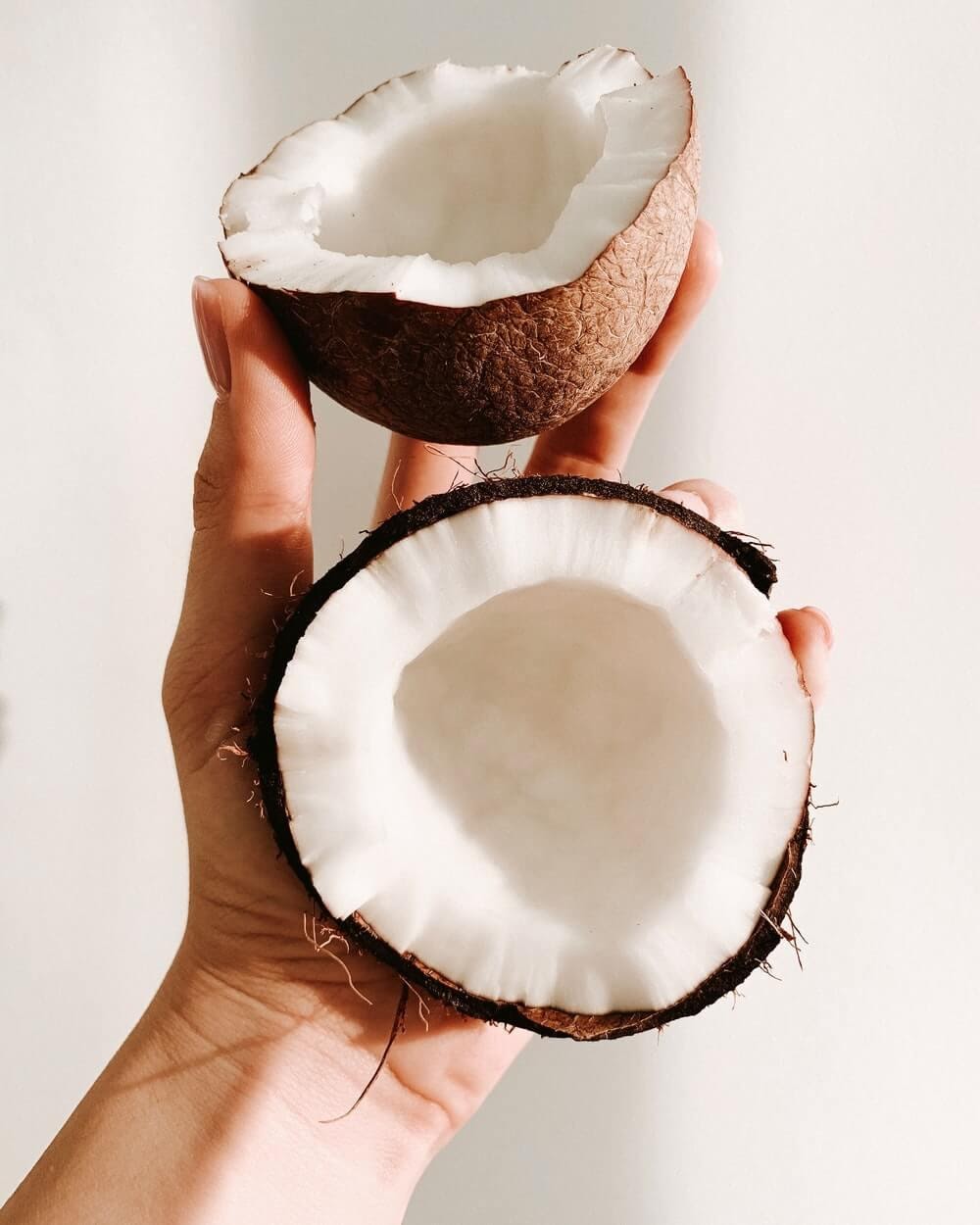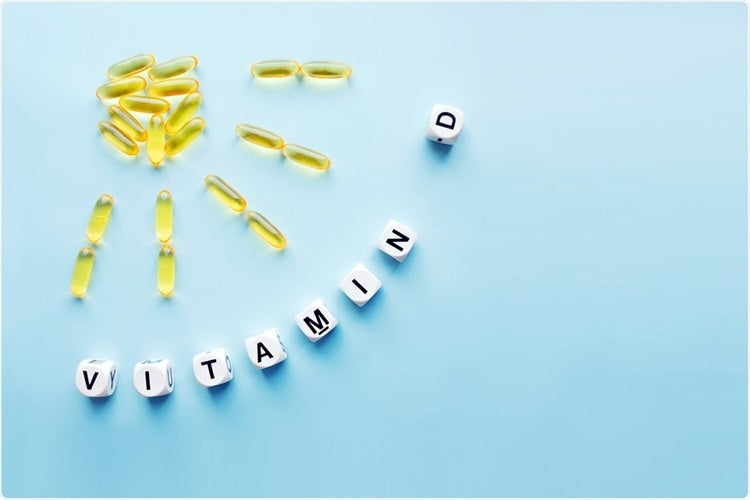
- Dec 12, 2018
- in News
Fighting Depression Naturally
Depression is a mood disorder associated with feelings of sadness and loss of pleasure in life. It can become so severe that it can lead to social withdrawal, substance abuse, and even suicide. Worldwide, millions are affected by depression—it can occur in anyone, at any age, from any social economic background. Frequently, depression stems from traumatic childhood or negative adult experiences that result in unresolved issues that are difficult to cope with. However, sometimes depression can occur without an obvious cause.
Some conditions can mimic depression, including post-traumatic stress disorder (PTSD), hypothyroidism, autoimmune diseases, or chronic low-grade infections. All of these need to be ruled out in a person suspected of having depression.
The most common treatments include professional counseling and prescription antidepressant medications. Drugs prescribed for depression increase levels of brain serotonin, a chemical (neurotransmitter) that helps send healthy signals from one brain cell to the other—researchers believe that an imbalance or reduction of serotonin levels is what contributes to feelings of depression. However, there is also mounting evidence of other contributing factors that can affect mood, such as the gut microbiome and the health of one’s mitochondria (the energy-producing cells of the body).
A person with digestive issues and leaky gut will have an overgrowth of “bad” bacteria, which release a substance called LPS (lipopolysaccharide) into the bloodstream, resulting in increased fatigue and depression symptoms. As a result, fixing the gut may be a crucial first step to improving overall mood. Likewise, according to a 2011 study, mitochondrial dysfunction and inflammation increase the likelihood of depression, so improving the health of the brain’s mitochondria could have beneficial effects on mood.
Diet and Depression
The food we put into our body can have a significant impact on both our physical well being and our mental health. Diets that consist of excess sugar, processed foods, junk food and enriched flour are poor for one’s heart health and increase risk for diabetes. Studies show that diets high in sugar can also make depression worse. A 2015 study in the American Journal of Clinical Nutrition, demonstrated that postmenopausal woman who consumed a high-sugar diet had increased risk of depression. A 2002 study also supported the association between high sugar intake and the onset of depression. Even diet soda can affect mood, according to a 2014 study. This study concluded that consumption of sweetened drinks, including diet soda, increased risk of depression while consumption of coffee decreased risk of depression.
Primary Supplements for Depression
Essential Fatty Acids
Omega-3 essential fatty acids consist primarily of particularly eicosapentaenoic acid (EPA) and docosahexaenoic acid (DHA). A 2014 study in Nutrition Journal showed that the majority of Americans do not consume enough omega-3 essential fatty acids, which can be found in a variety of food sources, including fish (mackerel, cod, and salmon are among the richest), walnuts, chia seeds, flax seeds, hemp seeds, and natto.
A large component of the human brain is fatty acids, so their role in mood is not surprising. A 2018 study showed that women who supplemented their diet with omega-3 fish oils during pregnancy or immediately thereafter were less likely to suffer from postpartum depression.
Further, a 2009 meta-analysis study concluded that omega-3 fish oils could be helpful in the treatment of depressive disorders. Similarly, a 2014 study also demonstrated omega-3 fish oils to be beneficial in the treatment of those with a major depressive disorder.
Suggested dose: 1,000-2,000 mg once or twice per day.
Vitamin D
In my Southern California medical practice, a place where we have sunny skies more than 300 days per year, four in five (80 percent) of my patients have clinical vitamin D deficiency, defined by a blood level 30 ng/ml (75 nmol/l) or lower.
A 2018 double-blind placebo-controlled study showed that patients with inflammatory bowel disease and depression saw significant reductions in their depression symptoms when given vitamin D replacement. Another 2018 meta-analysis study of 948 patients concluded, “Vitamin D supplementation favorably impacted depression ratings in major depression with a moderate effect”.
Suggested dose: 2,000 IU to 5,000 IU daily.
Magnesium
An important mineral and enzyme “co-factor” involved in over 350 chemical reactions in the human body. An adequate intake of magnesium-rich foods, which include green leafy vegetables, is crucial. Frequently, diet is not enough, and a supplement is required. According to a 2009 study, 68 percent of Americans consume less than the U.S.-recommended daily allowance (RDA). For men, this is 420 mg per day and for women, it’s 320 mg per day.
Certain medications increase the risk of a magnesium deficiency. These medications include acid reducers (i.e. omeprazole, pantoprazole, ranitidine) and diuretic water pills (i.e. furosemide, triamterene, hydrochlorothiazide).
Magnesium may be helpful for those with depression. Studies have shown that those with depression have lower levels of brain magnesium when compared to those without depression. In addition, low magnesium in the blood results in lower brain serotonin levels.
Suggested dose: 125 to 500 mg per day.
Zinc
Studies have shown those with depression are more likely to have lower levels of zinc in their blood. A 2017 study in Frontiers in Pharmacology supported the importance of zinc in those with depression. The same study also showed that zinc replacement could be helpful in treating psychosis. Zinc can be found in most multivitamins or as a separate supplement.
Suggested dose: 25 mg per day.
Vitamin B12
Vitamin B12 (also referred to as cobalamin or cyanocobalamin) is an important nutrient that your body requires to help optimize brain, nerve, and blood health. However, despite its importance, there's plenty of evidence showing that people around the world are deficient in this essential nutrient.
In addition, vitamins B2 (riboflavin), B6 (pyridoxine) and B9 (folate) have also been proven beneficial to neurological health. Many take a B-complex to ensure all the B vitamins are being taken.
SAMe
In a 2002 publication by the National Institutes of Health, SAM-e was found to be helpful in reducing symptoms related to depression. A 2016 study showed SAM-e, when used in addition to an SSRI medication, also provided additional benefit in the treatment of depression.
In a 2004 study of patients who did not respond to conventional antidepressant medications prescribed by their doctor, SAM-e successfully helped 43 percent of patients improve.
Further, a 2010 double-blind randomized controlled study of patients with major depression showed significant improvement when SAM-e was added to their prescription medication when compared to a placebo (sugar pill). Lastly, a more recent 2015 study showed similar benefits when 800 to 1,600 mg of SAM-e were given to depressed patients for 16 weeks as did a 2016 study.
Suggested dose: 800 to 1,600 mg per day.
Further evidence that a holistic approach is needed comes from a 2016 study, which concluded, “Current evidence supports adjunctive use of SAMe, methyl-folate, omega-3, and vitamin D with antidepressants to reduce depressive symptoms.” In other words, those who took more than one nutritional supplement did better.
Check out our range of Depression Busting Supplements. We have the largest range of American brands in Europe, and one of the largest ranges of supplements.


